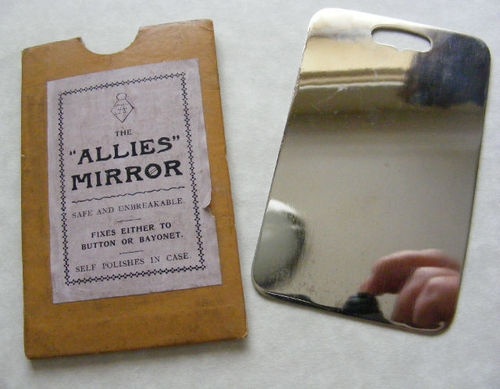and a big Crowd Escorted Them to the Special Train Last Night
(Taken from the Kinsley Graphic, September 20, 1917 )
“The band, the Home Guard, and a large body of citizens turned out last evening to escort the twelve men from this county to the station on their way to ‘Camp Funston’ to join the National Army. Following are the names of the young men who went:
Frank Strate, Lewis; Clayton Parks, Fellsburg; Andrew Roberts, Lewis; Wm. L. English, Belpre; George Lobmeyer, Kinsley; William Crawford, Kinsley; Henry Turner, Lewis;
Raymond A. Smith, Lewis; Otis Leonard, Lewis; John Williams Jenkins, Kinsley;
Gilbert Wayne Guthrie, Lewis; Samuel Roscoe Nicholas, Belpre….
These young men gathered here yesterday afternoon, as directed, and were taken in charge by Registration Officer Hoffman. After calling the roll he placed Raymond Smith, of this city, in charge of the squad for the trip. They had their suppers at the Mission Café, and W. T. Williams, secretary of the Kinsley industrial Club, took the opportunity and presented each of the men with a trench mirror and two khaki handkerchiefs in behalf of the Club and our citizens, and just before supper Sheriff Hoffman presented each of the men with a handsome buttonhole bouquet, each fastened with a small flag, in behalf of the courthouse officials.

About 8:30 the procession formed, the band leading followed by the Home Guard, and then the new army men, and marched to the station where the crowd so thronged the platform that it took agent Teed and all of his helpers to clear the track when the soldier special and No. 5 both pulled in at the same time. The special carried eight coaches, it had come from Colorado, picking up squads at the county seats and seven cars were crowded with a flag waving and cheering crowd of young men who were generating as much enthusiasm as a bunch of college men going to a football game. They were a jolly, happy bunch, and we all tried to hide the ache in our hearts that they might not know how those feel who are left behind. It was certainly a fine looking body of young men, and it was a great pleasure and privilege to be able to say to them “good luck and may you all return safely to your families and friends.”
There was some added excitement in this send off as was described in the same issue:
“Andrews Roberts, who was drawn and went to Camp Funston with the other boys last night, had rather an exciting time in getting started. He went to Kansas City for an automobile several days before notification cards had been sent out, and so when he drove into Lewis last evening, he was greatly astonished to learn that he had been called and that the train was pulling into town. Fortunately it was compelled to stop to meet No. 1, so he abandoned his car on the street and ran to the train and tried to get in, but the doors were fastened. The boys on the train were appealed to, and with much boosting and pulling, he was passed through a window. He had not stopped the engine of his auto in the excitement, but it was cared for by the home folks.”
One week later in the Graphic, R. A. Smith wrote a letter from Camp Funston to Sheriff G. D. Hoffman where he also mentioned this event.
“We arrived here at 11 a.m. Thursday, and all the twelve of us are accepted so far. We picked Andrew Roberts up at Lewis. He was on his way to Kinsley in a motor from Kansas City, and had a blow-out two miles east of Lewis and just did get to the depot in time to climb in the car window. He sure was one tickled boy to get on that car….”
Research discovered that Andrew Jackson Roberts was born on Feb. 1, 1892 in Cedar Grove, Georgia to George and Janie Roberts. He was a resident of Fellsburg, Kansas in 1916. He would come to be stationed overseas during the war and was discharged in May, 1919.
